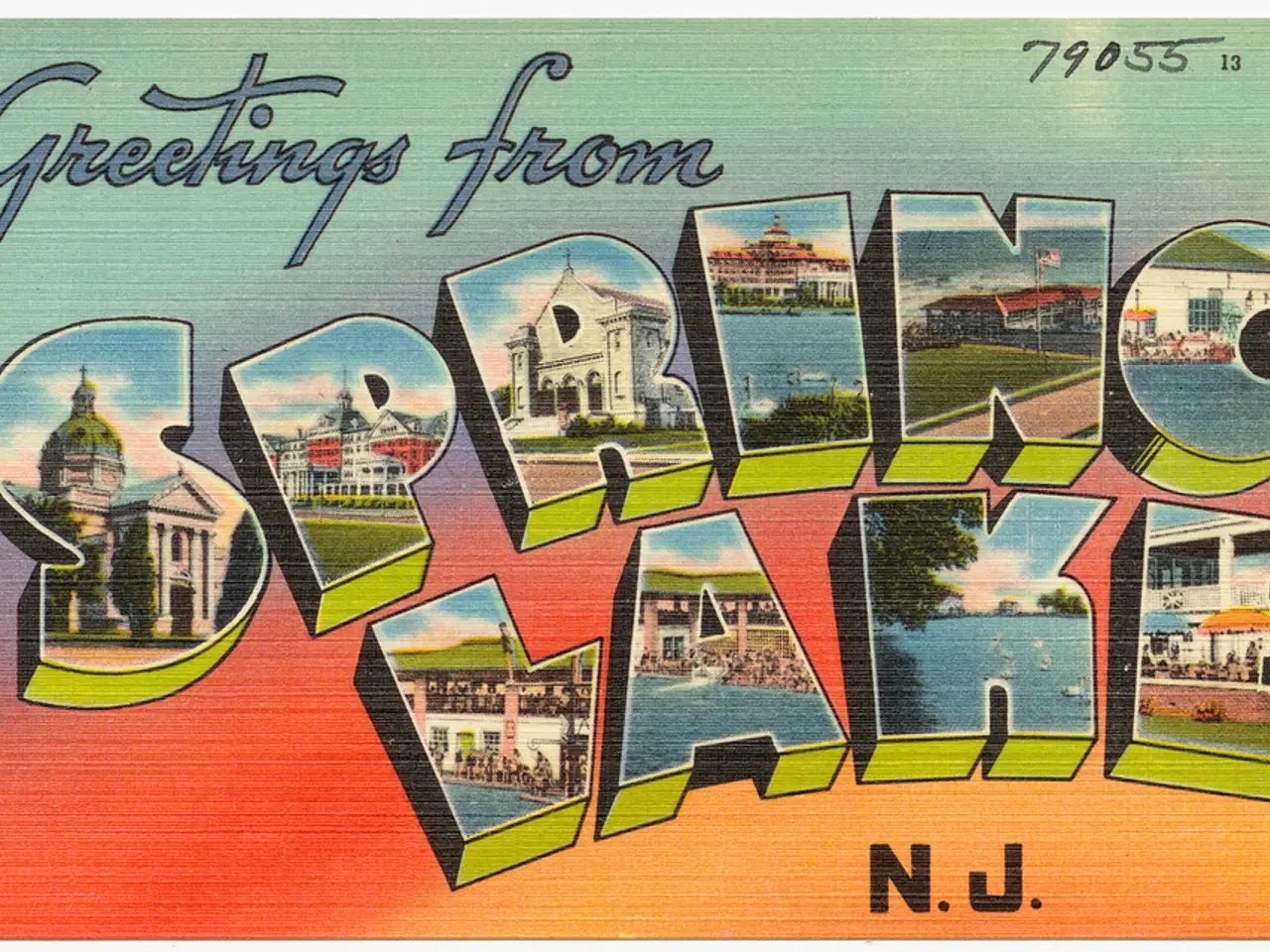Collaboration Initiated Between UNDP and Analytics Company to Enhance Article 6 Credits in Africa
A new initiative, the Carbon Data Access Partnership (CaDAP), is set to provide African nations with a significant opportunity to engage in international carbon markets, attract investment for emissions reduction projects, and enhance transparency and environmental integrity. This partnership, launched by the United Nations Development Programme (UNDP) and analytics company Sylvera, aims to address a critical issue: the undervaluing of African carbon credits due to limited access to reliable data and standardized rating mechanisms.
CaDAP provides African government officials with access to insights on over 21,000 carbon projects, enabling them to make informed decisions and participate more effectively in carbon markets. Ahunna Eziakonwa, the assistant UN secretary general and director of UNDP's Regional Bureau for Africa, has reaffirmed UNDP's commitment to using credible, up-to-date, and comprehensive data for informed policy and investment decisions in African countries.
Article 6 of the Paris Agreement, another significant step forward, allows countries to engage in cooperative approaches through international carbon markets. This enables host countries, many of which are developing nations in Africa, to generate and sell high-integrity carbon credits. These credits can incentivize emissions reductions or removals beyond national targets, generating additional climate finance and promoting sustainable development.
Through frameworks like the Article 6 Readiness Blueprint, African countries can establish foundational systems necessary to participate effectively in the carbon markets. This readiness improves their ability to attract demand and private sector investment for carbon projects, helping address barriers related to institutional weaknesses, legal uncertainties, and technical capacity shortcomings that currently limit many African countries.
CaDAP facilitates African nations' access to high-quality carbon credit data and transparency tools, which are crucial for maintaining the environmental integrity of carbon projects and boosting buyer confidence. By leveraging such partnerships, African nations can better navigate international compliance and verification frameworks, ensuring credits meet strict standards required under Article 6 accounting and reporting processes.
International demand for carbon credits from jurisdictions like the European Union, planning limited offsetting via Article 6 credits starting in the mid-2030s, creates new market opportunities for African countries to monetize their emission reductions in a manner aligned with the Paris Agreement's goals and fair benefit-sharing.
However, it's important to note that challenges remain. Inconsistent or insufficient verification of carbon offset projects and the risk of greenwashing are concerns that need to be addressed. The initiative does not guarantee that all problems related to Article 6 projects will be fully addressed, even if these projects enjoy UN accreditation.
Africa faces a significant funding gap for climate finance, with flows needing to increase fourfold annually until 2030 to meet 2030 targets. CaDAP aims to help African governments engage more effectively with carbon markets and inform policymaking decisions, contributing to host countries' readiness and fostering more favorable regulatory environments for attracting investment.
Alex Godfrey, investment director of Natural Capital at Octopus Investments, and Allister Furey, CEO of Sylvera, both emphasize that CaDAP is a step in the right direction, but there is no silver bullet to these problems. Nonetheless, the initiative represents a significant stride towards bolstering governance structures and reducing risk for carbon credit investors in the global south.
In summary, African nations stand to benefit by gaining:
- Access to a structured, high-integrity international carbon market system.
- Increased private and public investment to scale emissions reduction or removal projects.
- Enhanced institutional capacity and regulatory clarity via readiness initiatives and frameworks like CaDAP.
- Opportunities for sustainable development and just transition supported by transparent and trustworthy carbon credit systems under Article 6.
[1] United Nations Development Programme (UNDP) (2021). Carbon Data Access Partnership (CaDAP). Retrieved from https://www.undp.org/content/undp/en/home/ourwork/climatechange/carbon-data-access-partnership.html
[2] Sylvera (2021). Carbon Data Access Partnership (CaDAP). Retrieved from https://sylvera.io/cadap/
[3] European Commission (2021). Article 6 of the Paris Agreement. Retrieved from https://ec.europa.eu/clima/policies/ets/carbon-market/article-6_en
[4] United Nations Framework Convention on Climate Change (UNFCCC) (2021). Article 6 of the Paris Agreement. Retrieved from https://unfccc.int/process/the-paris-agreement/the-paris-agreement/article-6
[5] Climate Policy Initiative (2021). Article 6 of the Paris Agreement. Retrieved from https://www.climatepolicyinitiative.org/resources/article-6-of-the-paris-agreement
- The Carbon Data Access Partnership (CaDAP), a collaboration between the United Nations Development Programme (UNDP) and Sylvera, offers environmental-science insights to African government officials, enabling them to engage in climate-change discussions and make informed decisions in the finance and business sectors.
- Through CaDAP, African nations can access high-quality carbon credit data and transparency tools, which are crucial for science-based policy decisions and ensuring the environmental-science integrity of carbon projects, while attracting investment for emissions reduction projects.




